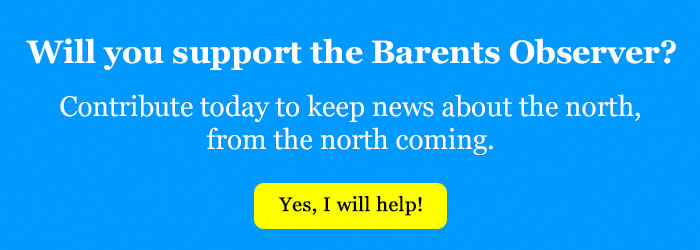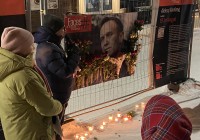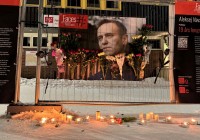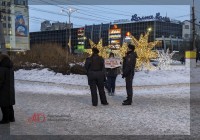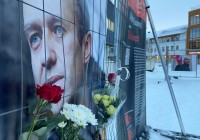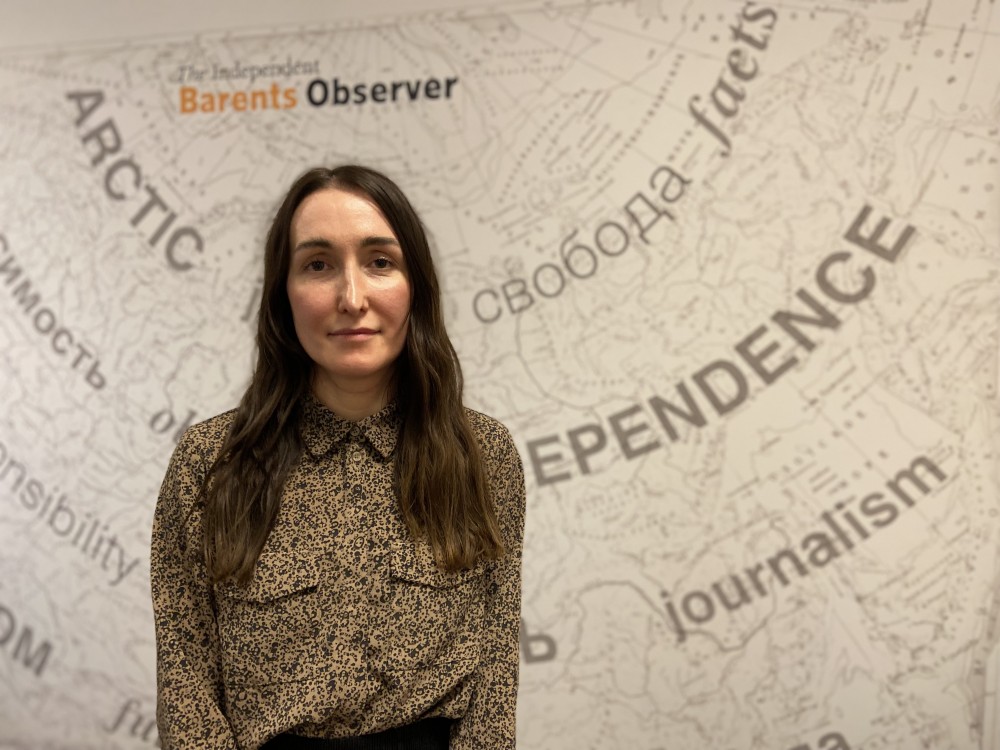
Elizaveta was on the plane with Navalny back to Russia. "He seemed in a positive mood, but quiet"
ADVERTISEMENT
It was January 2021 and the plane was packed with journalists. Russian opposition activist and anti-corruption leader Aleksei Navalny had surprised the world. He would return to his home country after being treated in a hospital in the German capital after being poisoned by a nerve agent in Siberia a few months earlier.
Elizaveta Vereykina boarded the plane with her camera gear. At the time, she was working for the BBC World News in Moscow.
“On the flight from Berlin to Moscow there were few ordinary passengers,” Vereykina says.
“It was dozens of journalists from all over the world who surrounded Navalny and his wife Yulia like a swarm of bees with cameras and microphones.” They all knew history was in making. Who would dare to return to Russia after being poisoned by secret agents most likely tied to the top of the Kremlin?
“Rick and Morty”
“Navalny seemed in a positive mood, but quiet. He and his wife, Yulia, were quietly watching “Rick and Morty” cartoons on their tablet,” Vereykina recalls.
“We felt a bit uncomfortable for destroying their peaceful moments, but at the same time we realized that this was a historical moment - Navalny in front of us was like a phoenix who had risen from the ashes after being poisoned with Novichok.”
It was in August 2020 Navalny fell ill on a flight from Tomsk in Siberia to Moscow. The plane made a medical emergency landing in Omsk and the famous Putin critic was rushed to the hospital in an ambulance.
ADVERTISEMENT
Later, when in Germany, Navalny himself phoned a member of the FSB team and exposed how they allegedly tried to murder him by placing a chemical weapon toxin in his underpants at the hotel room in Tomsk.
Medical and chemical weapons experts in Germany said there is “unequivocal proof” that Aleksei Navalny was poisoned with a Novichok nerve agent. Laboratories in Sweden and France confirmed the findings.
“I never left”
After recovering in Germany, Navalny wrote on his social media, “I never questioned whether I should come back, simply because I never left.”
Vereykina explains that Navalny never saw himself as a politician in exile. “He never wanted to oppose Putin from abroad. He considered himself a true Russian patriot and said he had a right to live in his own country like anyone else”.
On the Pobeda flight from Berlin, Elizaveta Vereykina and the other journalists following Navalny and his wife Yulia made ready for landing at Moscow’s Vnukovo airport. But then, the captain suddenly announced that the flight would be redirected to another airport, Sheremetyevo.
Meanwhile, hundreds of Navalny supporters and Russian media were waiting for the returning hero at Vnukovo. Many of them were detained by police.
“As many expected, Navalny was arrested soon after landing at the passport control - he only had a few seconds to kiss his wife Yulia before he was led away by police,” Elizaveta Vereykina tells.
Her and other media’s reports from the flight and arrest at the passport control made worldwide headlines that evening.
Aleksei Navalny never saw freedom again.
In jail, penitentiary officials regularly placed him in solitary confinement in torture-like conditions. Despite protests from hundreds of Russian doctors over abusive conditions, Navalny was denied basic medication after getting the flu. His team also suspected he was being slowly poisoned.
In late 2023, Navalny was sent to prison colony No. 3 in Kharp near Labytnagy in the Yamal Nenets region in Western Siberia.
Aleksei Navalny died on February 16, at age 47, in what goes into history as a slow-motion execution approved by Vladimir Putin.
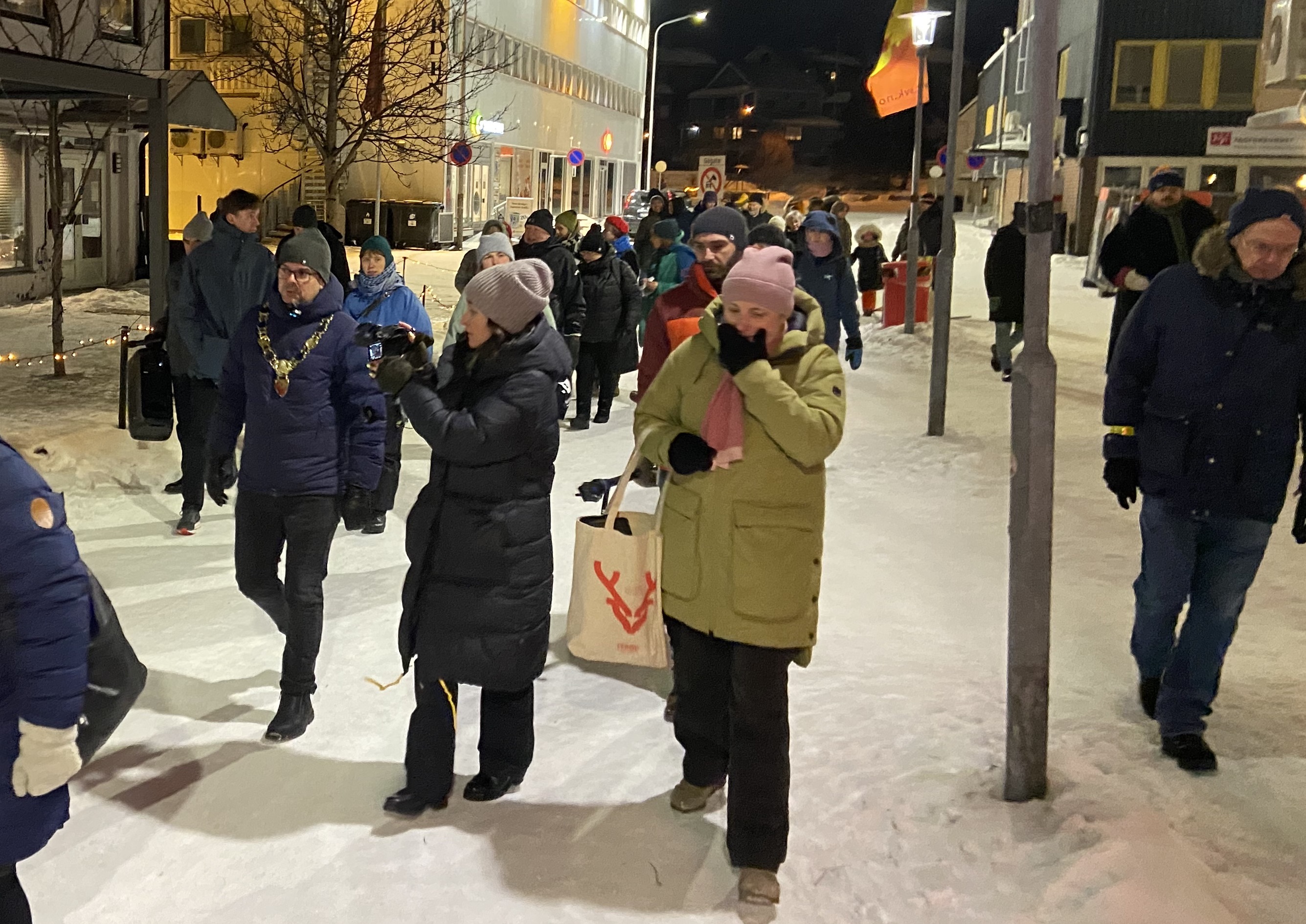
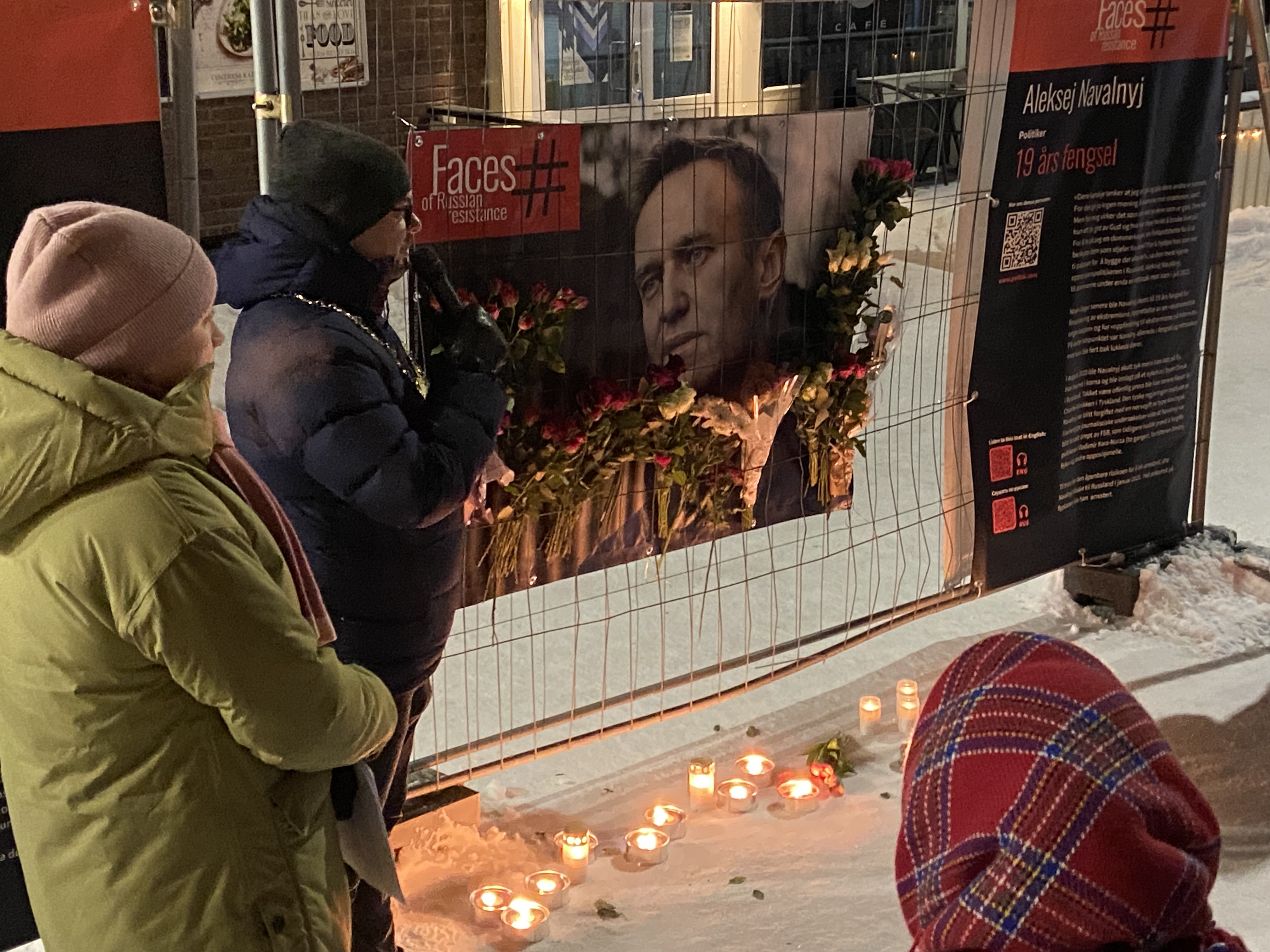
ADVERTISEMENT
The Barents Observer Newsletter
After confirming you're a real person, you can write your email below and we include you to the subscription list.



